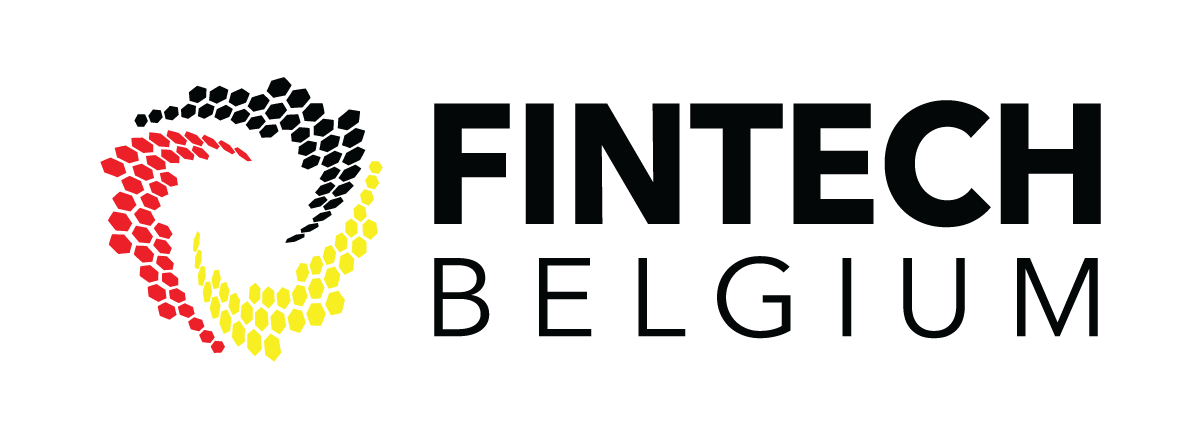Maintaining Regulatory Agility
More articles of the Belgium Fintech Magazine
READ ALL ARTICLES
Want an exclusive paper copy?
Want to be the next expert to inspire our audience?
MORE INFO HERE
Discover one of the articles from our brand new magazine, the Belgium Fintech Magazine - #1 Dec 23
Maintaining Regulatory Agility: Streamlining Compliance through Technology
An interview with Frank Roessig, Head of Digital Trust Solutions at Proximus Luxembourg
By leveraging advanced tools and techniques, businesses today can analyze, prioritize, and integrate regulations more effectively, ensuring compliance while staying competitive.
The past couple of years have seen technology emerge as a powerful ally for companies seeking to navigate the maze of regulatory requirements. While well-structured regulations can open new business possibilities, notably by reducing perceived risks, companies sometimes hesitate to serve specific customer segments due to regulatory concerns. However, with clear regulations outlining risk mitigation measures, companies can confidently offer services to broad customer groups while minimizing associated risks. This expands market opportunities and also contributes to economic growth and inclusivity.
“Technology excels in automating compliance tasks, freeing resources for knowledge based tasks. This boosts efficiency, enables informed decision-making, and reduces risk, thereby enhancing overall compliance efficacy. Furthermore, it is also crucial for the reduction of friction linked to compliance processes. Utilizing tools like identity verification, screening and data retrieval simplifies onboarding as well as authentication and enhanced convenience for clients. This improvement in customer experience goes hand in hand with ensuring adherence to compliance standards,” shares Frank Roessig, Head of Digital Trust Solutions at Proximus Luxembourg, an ITC services provider specializing in designing and implementing omnichannel, and managing complex IT infrastructures.
Digital IDs and Compliance
Digital ID is essential for client interactions, forming the foundation of smooth processes and safeguards against fraud and financial crimes. Financial service providers face the dual challenge of protecting their clients from fraud while ensuring compliance with regulations regarding money laundering and terrorist financing.
“In response to the challenges of digital identity, technological tools are being leveraged to provide solutions. E-wallets have garnered attention for their ability to consolidate various aspects of an individual’s identity attributed, allowing for the selective sharing of details. Bio IDs, including voice recognition, are emerging as crucial technologies for combating fraud in voice-based interactions. In parallel, dynamic identity solutions, enabled by AI, analyze user behavior to establish unique patterns and deter replication by fraudsters. These advancements enhance security and offer convenience and efficiency in identity verification. As the digital landscape evolves, these tools will remain vital in ensuring robust and reliable identity authentication,” remarks Frank Roessig.
It is essential to acknowledge that technology in constant flux. Indeed, an initial digital onboarding may represent a robust starting point.. “Since criminals target weak spots, new vulnerabilities may arise over time. Hence, continuous monitoring and improvements of verification processes are warranted, while understanding that complete risk eradication is impossible,” adds Roessig.
Compliance as a Competitive
Differentiator In the race to win over customers and drive revenue, companies offering a smoother and more efficient onboarding process than their rivals stand a greater chance of attracting a more extensive customer base. So, where consumers meticulously compare options, the allure of solutions that promise quick and convenient experiences while safeguarding security cannot be underestimated.
“Nevertheless, striking the right balance between fluidity and security remains a critical challenge. Customers may instinctively raise suspicions and question the service’s credibility if a process lacks adequate security measures. Hence, achieving equilibrium is paramount, ensuring a seamless user experience without compromising the essential pillars of trust, says Roessig.
Roadblocks to Regulatory Compliance
It must be understood that increased regulation does come with its fair share of challenges for financial service organizations. Introducing new regulations can often lead to increased costs, that are passed on to consumers. This also increases the potential for breaches of regulations, which can result in further penalties and risks for the company.
Since implementing new regulations often requires employees to navigate additional processes and compliance measures, «this can lead to frustration among employees who face increased workload and complexity. It can also create frictions between departments responsible for enforcing compliance and those focused on sales and onboarding. Such excessive complexity in the compliance and onboarding processes may result in losing clients since clients, particularly in the banking industry, seek to consume services and perceive compliance as a roadblock at achieving their goal. If processes become too time-consuming or burdensome, clients may opt out for alternatives, leading to a decline in revenue for the company,” asserts Roessig.
Compliance as Catalyst to the Innovative Imperative
Innovation is necessary in the compliance landscape, particularly in a context of mass transactions coupled with increasingly sophisticated fraud. Regulatory frameworks often act as triggers for technological advancements. For example, when regulators require digital onboarding, companies are prompted to adopt digital processes to stay current. This fosters innovation and technological development that aligns with regulatory requirements, creating a win-win situation for both businesses and regulators,
“The Financial Service Providers who embrace technology as an opportunity to boost compliance and technology will be the ones that win,” concludes Roessig.
By Chris Crespo / Nordic Fintech Magazine
Published and Distributed by FinTech Belgium asbl
Contact: Alessandra Guion - CEO






